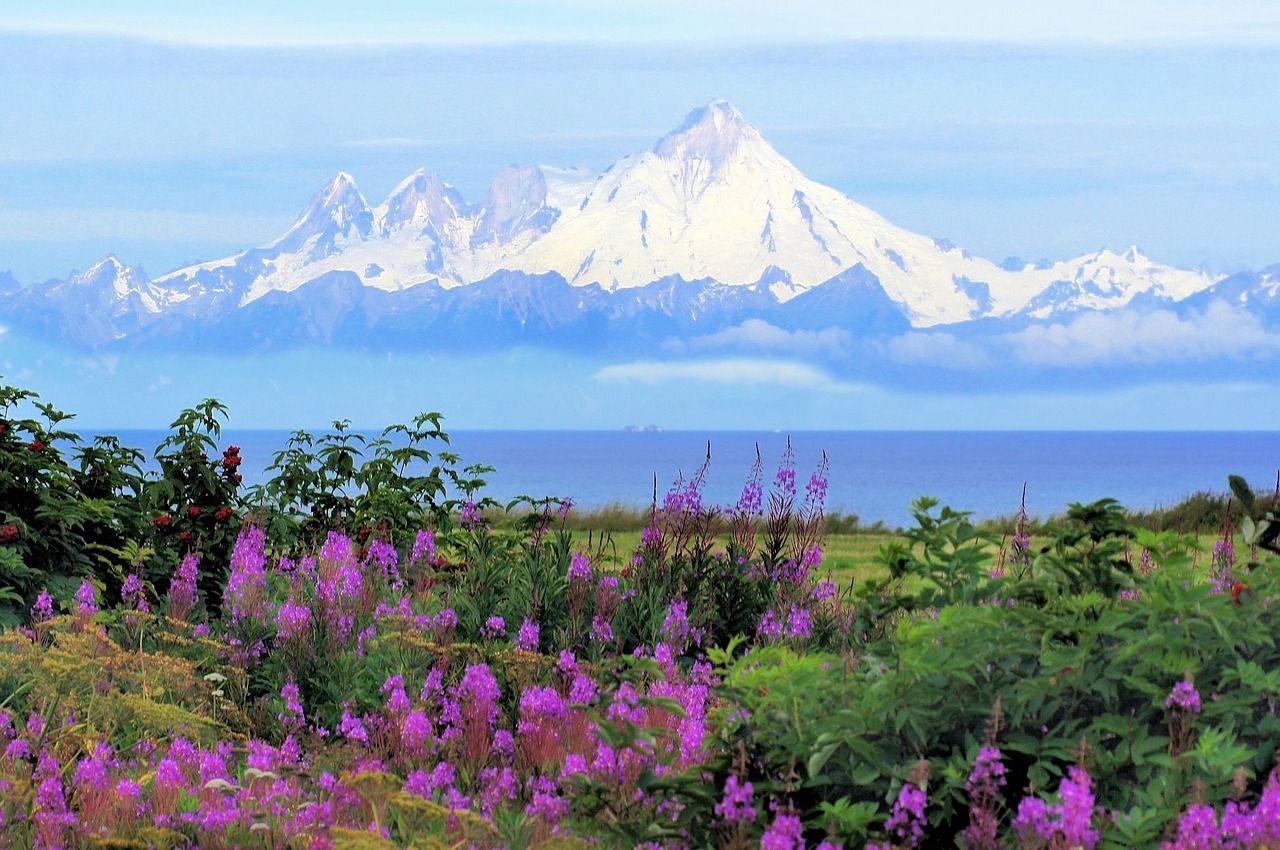This article was first published in the Alaska Watchman on December 30th, 2021 by Joel Davidson, Editor-In-Chief of the Alaska Watchman.
In a new report analyzing fiscal, regulatory and personal freedoms across all 50 states, Alaska came in 24th, a drop from 14th place in 2016. The annual publication, “Freedom in the 50 States,” is issued by the Cato Institute, a libertarian think tank that promotes individual liberty, limited government and free markets.
The 2021 report, which covers up through the start of 2020, notes that Alaska is a difficult state to score due to its heavy dependence on oil and gas – notoriously fluctuating financial assets that can greatly impact fiscal policy.
Overall, Alaska received high marks for freedom in several areas: robust homeschooling liberties, strong 2nd Amendment rights, low drug arrests and limited taxation. The report’s authors say Alaska is among the most libertarian states, and one which typically scores well on personal freedom markers.
“Cato advises Alaska enact a right-to-work law to attract manufacturing investment, and recommends reforming asset forfeiture to require a criminal conviction before forfeiture.”
Cato notes that Alaska’s drug arrests are “quite low,” crime-adjusted incarceration is below the national average, marijuana is legal, and homeschooling is unregulated. Additionally, the report states, “gun rights are secure (for instance, concealed carry of handguns does not require a license).”
Regarding civil asset forfeiture, however, Alaska is “among the worst in the country,” the report claims.
Law enforcement officers and agents utilize civil asset forfeiture to seize property or money of those suspected of committing crimes. These individuals need not be arraigned or convicted. Rather, probable cause is enough to seize their property. Libertarians say this practice ensnares people who have not been charged or convicted of crimes. Advocates of civil asset forfeiture argue that it is a key tool in fighting crime, as it deprives criminals of needed resources to operate outside the law.
In Alaska, the “burden of proof is on the owner of the property to prove innocence, property is subject to forfeiture from mere probable cause, and the proceeds largely go to law enforcement,” the Cato report states.
Cato also gives Alaska low marks regarding the freedom to sell alcohol.
“Sales of all alcohol, even beer, are prohibited in grocery stores,” the report observes. “Alcohol taxes, especially for beer, are also among the highest in the country.”
Additionally, Cato gives Alaska low marks with regard to gambling freedom, and its high cigarette taxes. The report is also critical of Alaska’s regulatory policies, claiming the state’s labor market is “far more regulated than one would expect for such a conservative state.”
“There is no right-to-work law; the state has strict workers’ compensation mandates and a high minimum wage ($10.34 per hour in 2020),” the report notes. “Many occupations are licensed in Anchorage and Fairbanks, where about half of the state’s population lives. On the one hand, insurance is pretty heavily regulated. On the other hand, Alaska gives a good bit of practice freedom to nurses and dental hygienists, does not zone out low-cost housing, and has one of the nation’s best civil liability systems…”
Cato recommends Alaska cut spending in the areas of “grossest overspending relative to national averages.” This includes education, corrections, administration (especially financial administration and public buildings), housing and community development spending, and “miscellaneous commercial activities.”
“Use the proceeds to reduce the corporate income tax permanently, helping the economy diversify away from energy,” the report advises.
Cato advises Alaska enact a right-to-work law to attract manufacturing investment, and recommends reforming asset forfeiture to require a criminal conviction before forfeiture.
States with the highest freedom scores from Cato were New Hampshire, Florida and Nevada. The worst were New York, Hawaii and California. Read the full report here.
